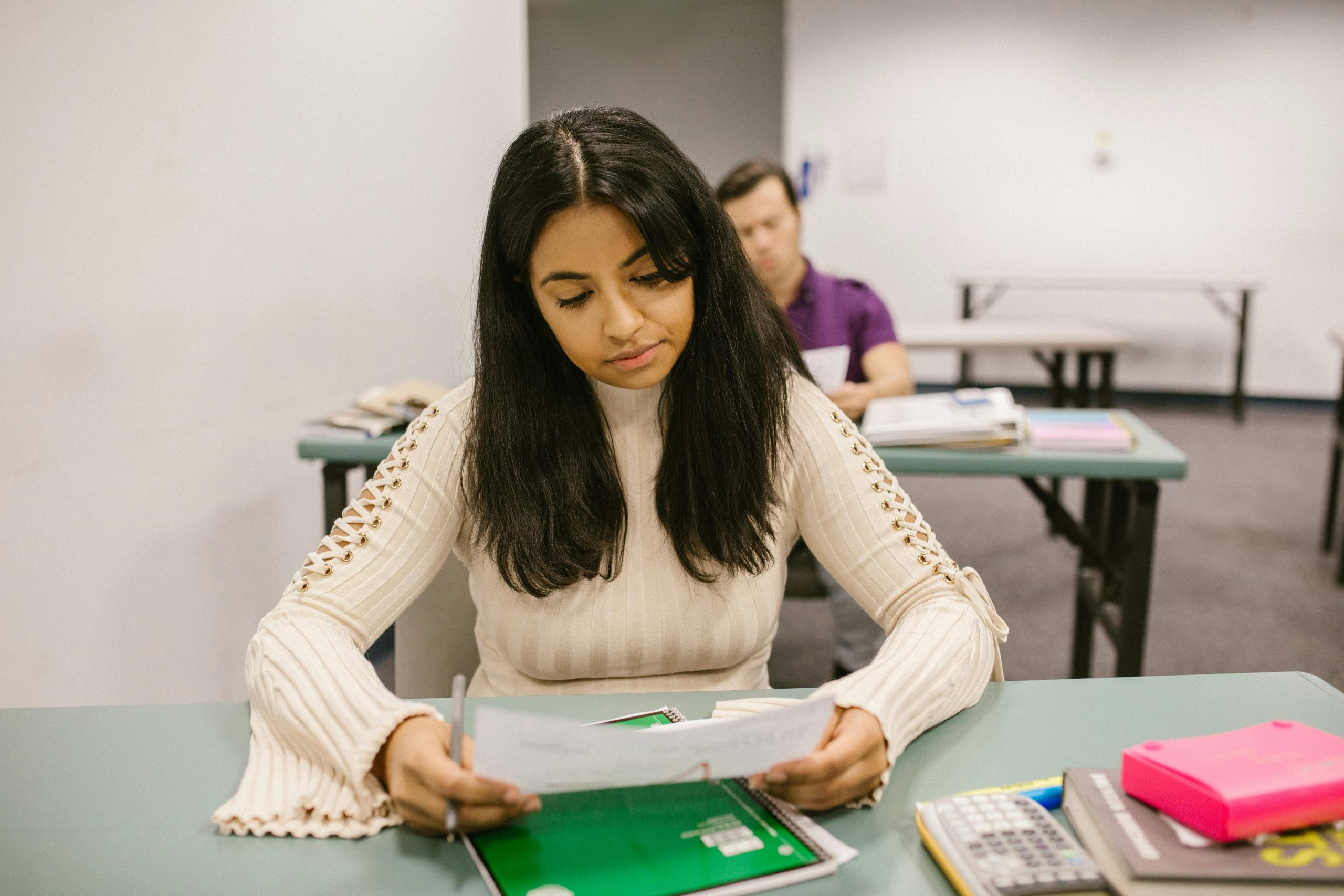Beyond the Test Score: Measuring True Learning and Competence
When it comes to assessing students’ knowledge and skills, standardized tests have long been the traditional method used in schools. These tests are often seen as the ultimate measure of a student’s academic abilities, with the scores dictating their future opportunities and success. However, there has been a growing realization that test scores may not be the most accurate or comprehensive way to evaluate learning and competence. In fact, there is much more to a student’s education and growth than what can be reflected in a single test score. In this article, we will discuss the limitations of relying solely on test scores and explore alternative ways to measure true learning and competence.
The Limitations of Standardized Tests
Standardized tests have been used for decades as a way to measure students’ academic performance. These tests typically have a set of multiple-choice questions that assess a student’s knowledge and understanding of a particular subject, such as math or language arts. The scores are then compared to those of other students of the same grade level, in order to determine the students’ relative standing.
While standardized tests may seem like a fair and objective way to measure learning, they have several limitations that should be taken into consideration. For one, these tests only assess a narrow range of skills, primarily focusing on rote memorization and recall. This means that students who excel in other areas, such as critical thinking, creativity, and communication, may not be accurately represented by their test scores.
Moreover, standardized tests do not take into account the different backgrounds, experiences, and learning styles of students. This can be especially problematic for students from marginalized communities, who may face additional barriers and challenges that can affect their performance on standardized tests. As a result, test scores may not be a fair or accurate representation of students’ true abilities.
Measuring True Learning and Competence
In response to the limitations of standardized tests, many educators and researchers have been advocating for alternative methods of assessing students’ learning and competence. One popular approach is performance-based assessment, which involves students completing tasks or projects that demonstrate their understanding and application of knowledge and skills. This can include essays, presentations, experiments, or other hands-on activities.
Performance-based assessments allow for a more authentic and comprehensive evaluation of students’ abilities. Unlike standardized tests, which mainly focus on the end result, performance tasks also consider the process, such as problem-solving skills and critical thinking. They also give students the opportunity to showcase their strengths and abilities in various areas, rather than being limited by a single test format. Additionally, performance-based assessments can be tailored to individual students’ needs, allowing for a more personalized and accurate evaluation.
Cultivating 21st Century Skills
Another significant aspect of learning and competence that is not adequately captured by standardized tests is 21st-century skills. These are the skills that are necessary for success in today’s ever-changing world, such as collaboration, adaptability, and digital literacy. Students need to develop these skills to thrive in their future education and careers, yet they are rarely assessed by traditional tests.
Instead, educators are exploring ways to incorporate these skills into their teaching and evaluation methods, such as project-based learning and portfolios. These approaches allow for a more holistic and relevant assessment of students’ progress and development in these crucial areas.
In Conclusion
Standardized tests have been the dominant form of assessment in education for too long, but it is becoming increasingly clear that they are not a comprehensive or accurate measure of true learning and competence. As educators, we must look beyond test scores and explore alternative methods of evaluating our students’ abilities. By embracing performance-based assessments and incorporating 21st-century skills into our teaching and evaluation, we can better prepare our students for success in their future endeavors.
Ultimately, it is vital to remember that students are more than just their test scores. They are complex individuals with unique strengths, weaknesses, and potential. It is our responsibility as educators to foster and measure their growth in a way that captures their true learning and competence, beyond the limitations of standardized tests.










